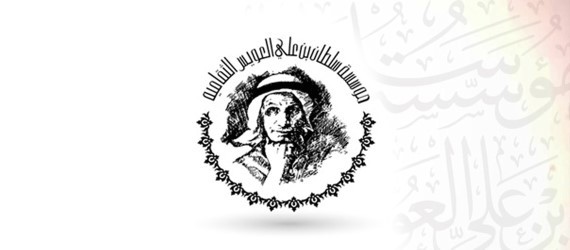Eerily set in a world gripped by pandemic, the debut was partially written by voice-to-text technology as the author recovered from her own strange disease
A first-time novelist has collected Australia’s richest literary prize with her apocalyptic and eerily-timed tale about a world in the throes of a pandemic.
Dr Laura Jean McKay took out the $100,000 Victorian Prize for Literature on Monday for The Animals in That Country, a debut novel described by Guardian reviewer Justine Jordan as a fierce and funny exploration of other consciousnesses, and the limits of language.
The prescient nature of the work is purely coincidental, McKay told the Guardian, speaking from her home in New Zealand’s Palmerston North, where she has been lecturing in creative writing at Massey University for the past 18 months. She began writing the novel six years before the world had heard of Covid-19.
The work’s fantastical premise centres around a “zooflu” epidemic that enables its infected victims to communicate with animals.
The concept came to her during a prolonged battle with chikungunya virus – a mosquito-born disease she describes as “dengue on crack” – which she contracted while attending a writers’ festival in Bali.
“I was living with this strange disease and it just started to infect my book,” she says. “It gives you a sort of polyarthritis and I couldn’t move very well for about two years. All my skin peeled off my body.
“I felt like I was turning into a mosquito and I was having these very strange hallucinations. And out of that I started to write this novel; that’s when the disease started to really take off on the pages – as it was taking off in my body.”
Large tracts of the book were written using voice-to-text recognition technology; it was too painful for McKay to use a keyboard.
The genesis of the human to animal communication theme – something akin to a doomsday Dr Doolittle – had been fomenting in her imagination for much longer; McKay had earlier completed her doctorate focusing on literary animal studies from the University of Melbourne, and went on to become a co-presenter for ABC Listen’s Animal Sound Safari.
The title of the book is taken from a Margaret Atwood poem of the same name.
“She’s so renowned for her prose and I really love her work in that area,” McKay says of the Canadian author, who has won the Booker prize twice. “But some of her poetry, especially her writing about animals, just just really speaks to that moment of encountering a species that’s very different to us or very wild.
“Her poetry is very real, very true and quite brutal and honest, and I love that about her.”
Although this is McKay’s first novel, her 2013 collection of short stories, Holiday in Cambodia, was shortlisted for three national literary awards.
Other category winners in the 2021 Victorian Premier’s Literary Awards included journalist Paddy Manning, who won the non-fiction prize for Body Count: How Climate Change is Killing Us. Guardian Australia’s deputy culture editor, Stephanie Convery, was highly commended in the non-fiction category for After the Count: The Death of Davey Browne, an investigation into the 2015 death of Australian boxer David Browne Jr.
Musician Archie Roach won the prize for Indigenous writing for his memoir Tell Me Why: The Story of My Life and My Music and the playwright’s award was awarded to Angus Cerini for Wonnangatta, which premiered at the Sydney Theatre Company last September.
The prize for poetry was awarded to David Stavanger for his body of work delving into mental health, titled Case Notes. Each category winner receives $25,000.
www.theguardian.com




